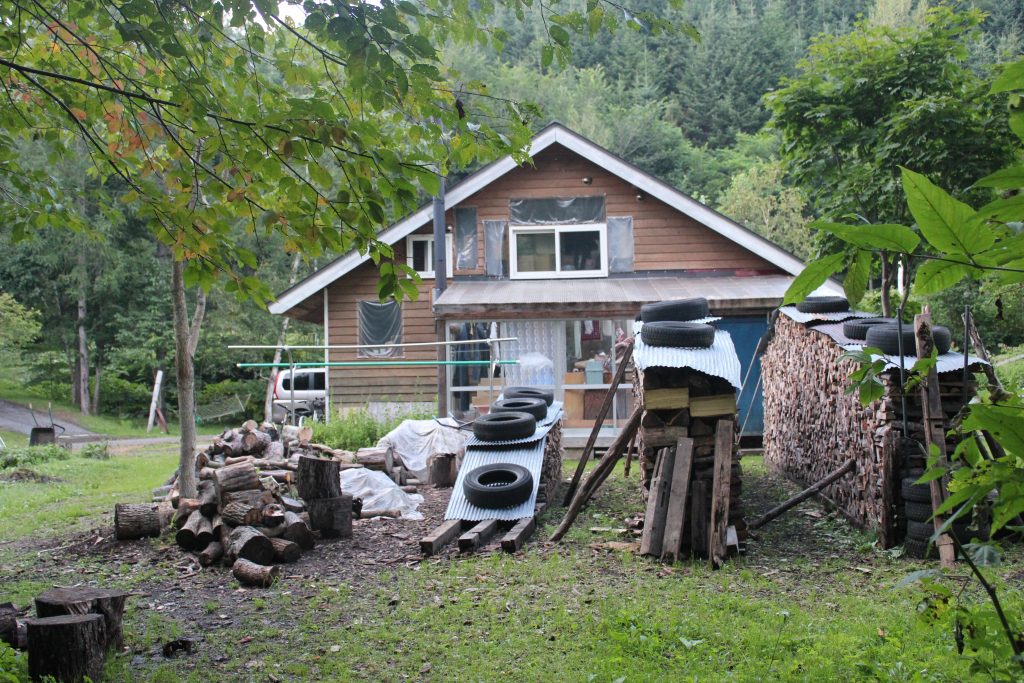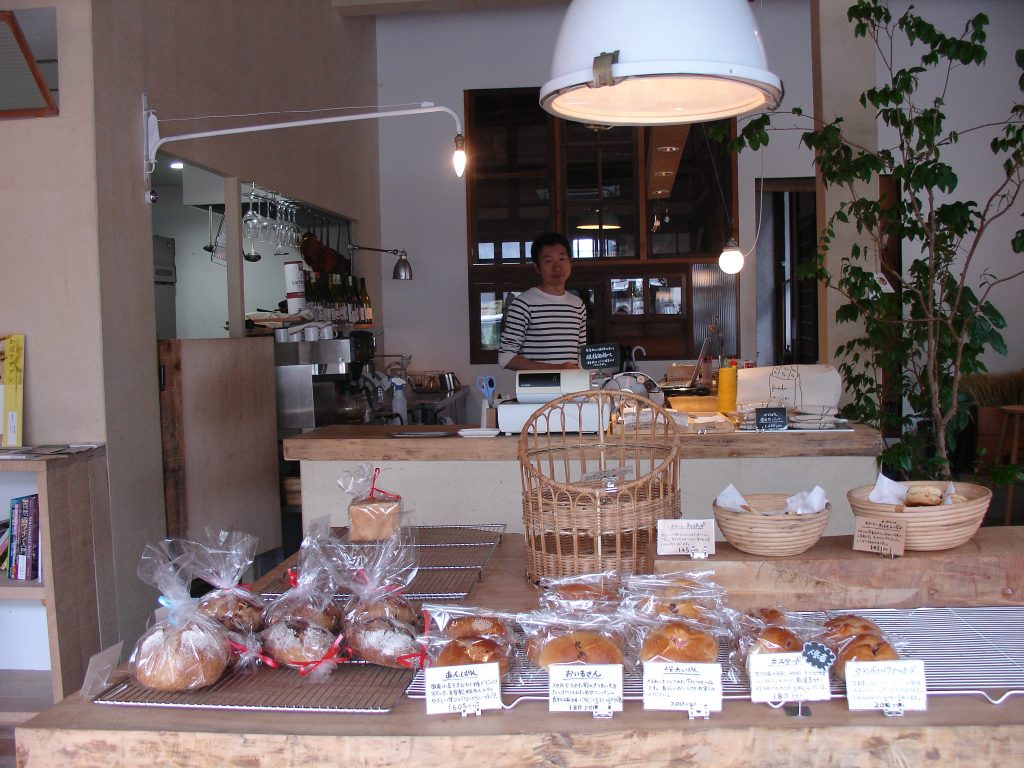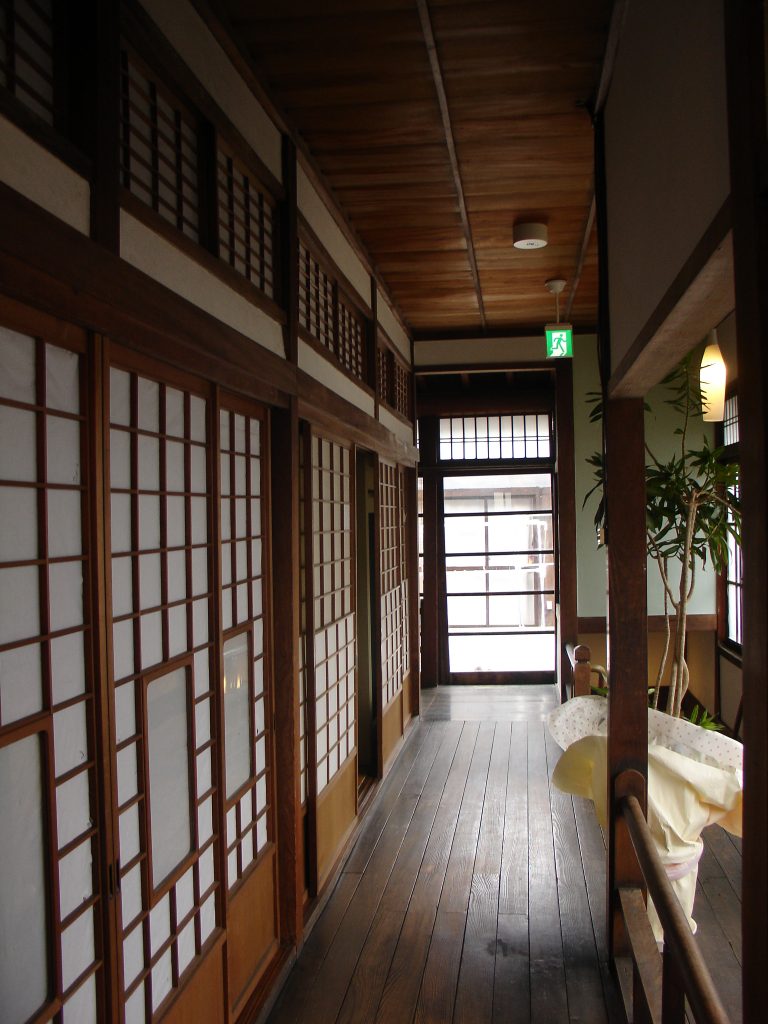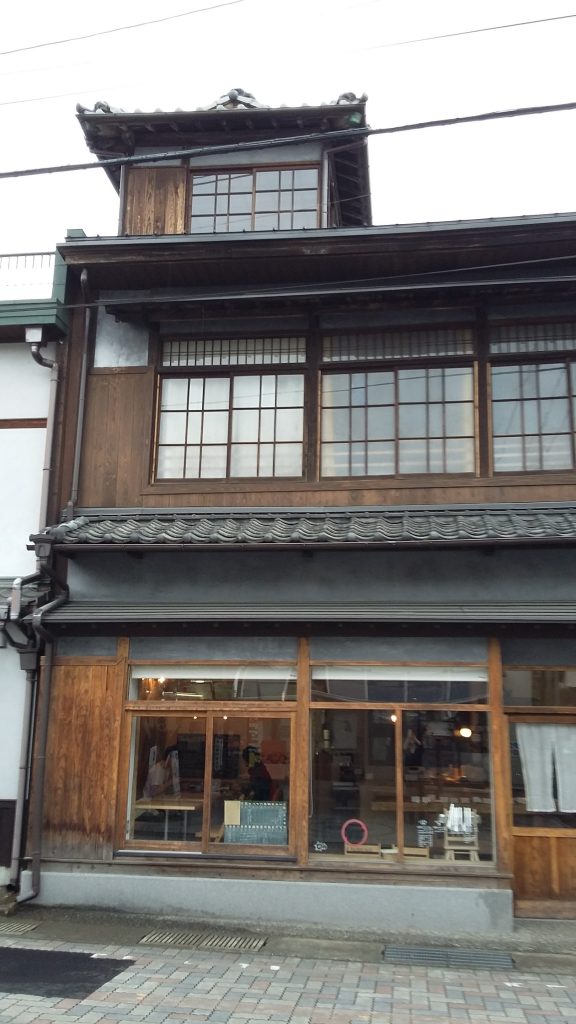by Maritchu Durand
Fieldwork in all its varieties and with all its possibilities has been one of the most exciting aspect of research I have been looking forward to when entering a master program in Japanese Studies in October 2019. Because of the unique experience of meeting a newcomer from the urban Yokohama in a remote rural area in Hokkaidō during my previous exchange in Japan, I had planned to focus my master’s thesis on urban-rural migration and to conduct ethnographic fieldwork in Japan. I therefore applied to Kōbe University, because Hyōgo Prefecture hosts many urban-rural migrants and rural revitalization programs, and the university runs several cooperation programs with rural communities. I was happy to be accepted for studying at Kōbe University for one semester from September 2020.

Copyright © Martichu Durand 2018
However, when the pandemic hit, everything changed. Although Kōbe University initially planned to continue the exchange program, in May 2020, it became clear that I would not be able to go to Japan in September. The beginning of the exchange was postponed to April 2021, but Japan closed its borders in January of this year again and the exchange was finally out of the picture. Even if prospects would have been favorable enough for me to study in Japan, I could not have expected to conduct my fieldwork as planned due to all sorts of restrictions. So, I needed to rethink my research topic and research methods. Although online interviews were an option, without initial access to a community, I could not hope to engage in in-depth conversations. I especially worried about how I could reach out to a local community only by digital means. I had to face reality: I had to change the subject of my thesis in order to adapt to my new research field, which would be digital for the most part.
Luckily, not only the academic world extended digital communication, but the increased amount of online content produced during the pandemic enriched the digital sphere, diversified its content, and enabled more direct connections. So, on the bright side, I could turn the missed opportunity to travel to Japan into an advantage: I was not locally bound to Hyōgo Prefecture anymore and could therefore freely choose the area to focus my research on. The choice was easy. Since I am a student assistant in the urban-rural migration project that is focusing on Kyūshū, my “fieldsite” was easily found. But I also thought about a way to contribute to the three-year project by focusing on an aspect related to urban-rural migration an thereby, giving additional meaning to my MA thesis.
The project’s PI, Prof. Reiher, drew my attention to the issue of akiya as a potential interesting field for exploration. The vacant properties are often seen as a problem by the municipalities. But they have also been rethought as a potential new home for newcomers or as community spaces, guesthouses or cafés and become spaces of exchange and innovation. Although I have not yet decided which aspect of the akiya phenomenon I want to study, a whole array of data is available: national and local government reports, policy documents and online reports on various initiatives to promote, sell and restore vacant houses in Japan’s countryside. Stories on rifōmu and repurposing can be found on blogs, in articles and videos. Since newly renovated cafés and guesthouses aim at online visibility, their websites and blogs offer a first point of access to discover the world of renovating old houses. Finally the akiya banks run by the local governments offer a comprehensive overview of what properties are available in different areas. To sum up, the Covid-19 pandemic forced me to be flexible and to adjust my research focus, but also offered a chance to learn about new research possibilities. I think this flexibility is crucial during this pandemic that will probably change the way we conduct fieldwork in the future, even when physical fieldwork as we know it will be possible again.
Copyright © Cornelia Reiher 2018



